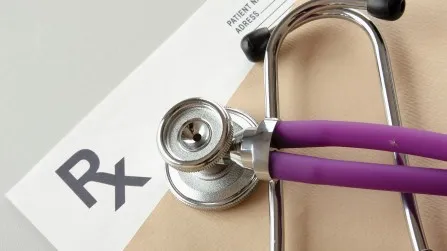
Here's why Singapore's healthtech landscape looks promising
The country's Research, Innovation and Enterprise 2020 (RIE 2020) allocated $4b for R&D developments from 2016 to 2020.
Singapore is home to US$16m worth of healthtech deals in H1 2018, according to healthtech ecosystem-builder Galen Growth Asia revealed.
The biggest investment in a healthtech startup in Singapore was the $8.2m financing secured by artificial intelligence-powered startup UCare.ai. Founded in 2016, the firm utilises algorithms for prediction of healthcare patterns in patients.
Meanwhile, Docdoc which provides online search service and scheduling platform for medical appointments secured $7.43m in March 2018. Galen Growth Asia also mentioned that ObvioHealth which has a mobile clinical study platform that offers site-less clinical trials raised $4.09m.
Despite this, Singapore is still lagging behind China and India that reported around US$3b and US$135m worth of healthtech investments in (what year), respectively.
“There is a level of acceptance and optimism amongst both institutional and individual investors based in Singapore that digital health and technological innovations are the way into the future,” said Deloitte Southeast Asia healthcare sector leader Dr. Loke Wai Chiong.
However, Galen Growth Asia CEO Julien Salaberry believes that Singapore can further leverage its healthtech landscape if it puts as much focus on it as it already does for the fintech sector through initiatives from the Monetary Authority of Singapore (MAS).
“There is too much emphasis on the large enterprise or large corporate to be an innovation driver and insufficient focus on the startups,” Salaberry said.
“They need to make a good balance between large organizations and startup ecosystems as to how they address the market, how they invest in the market, and how they support the market,” he added.
Meanwhile, EY Asean health transactions leader Abhay Bangi believes that the country’s healthtech sector can attract more investors through its commercialisation speed and its ability for reference to launch in other markets.
Bangi was referring to the Health Sciences Authority’s (HSA)’s regulatory framework which enabled immediate market access for Class B and C standalone mobile medical applications starting June.
Through the revision, standalone application for calculation of insulin dosage, or live monitoring of ECG for cardiac patient that have been approved by at least one regulatory agency without safety issues can go through immediate registration.
“The changes seek to cater to different operational and emerging business models in the medical device industry and facilitate access and innovations, while safeguarding consumer health and safety,” Bangi explained.
Despite HSA’s move, Loke thinks that Singapore’s health system is still more regulated compared to both China and India.
“And this may have slowed down the spread and deployment of the newer healthtech businesses, such as telemedicine,” he added.
Meanwhile, Bangi said that other markets allow products that have been approved by Singapore regulation to not pass through local approval anymore which makes faster process for launching and growth in the region.
“The healthtech entrepreneurial landscape has improved significantly in the past five to 10 years,” Loke commented. “This is in tandem with the entry of angel investors and venture capital into the space."
Loke said that Singapore corporates have been supporting venturing, incubators, and accelerators.
He added that the strong collaborations in research and development between private and public sectors have fueled many ideas and new companies.
Back in 2016, Singapore’s Research, Innovation and Enterprise 2020 (RIE 2020) allocated $4b for R&D developments from 2016 to 2020.
BMI Research noted that amongst its beneficiaries is the EDBI which invests in some healthcare and therapeutics companies.
They added that RIE 2020 also supported the National University of Singapore's Medical Engineering Research and Commercialisation Initiative (MERCI) that aims to develop cost-effective, innovative and clinical trial-suitable products.
“Singapore is rapidly evolving to meet the demands of the healthtech landscape. Particularly, its strength lies in the ability of government agencies to commit resources towards this,” Bangi noted.
“We believe that Singapore’s position as an important trading hub for the medical device sector in the Asia Pacific will continue to strengthen,” BMI said. “Market drivers include strong trade flows due to key geographic location as a global trading hub and transhipment destination.”

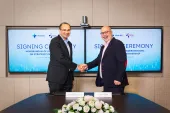

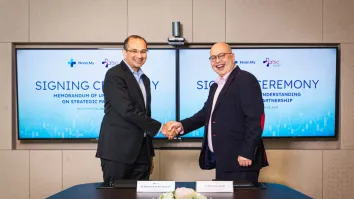
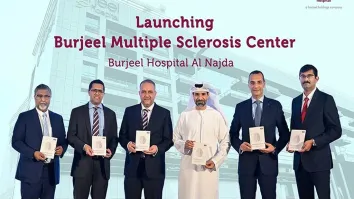
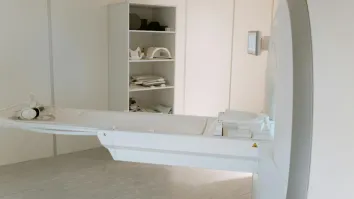



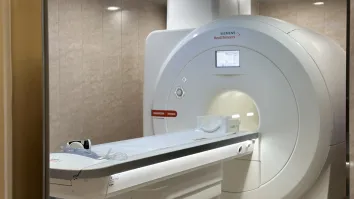









 Advertise
Advertise






